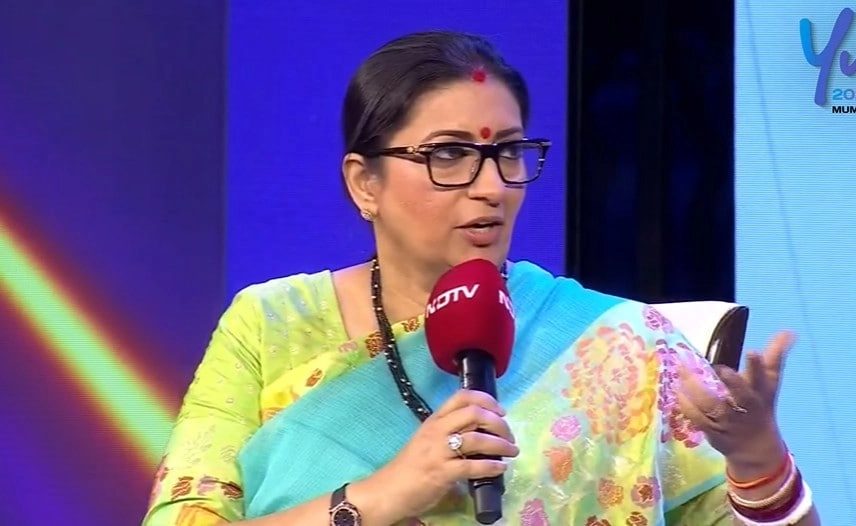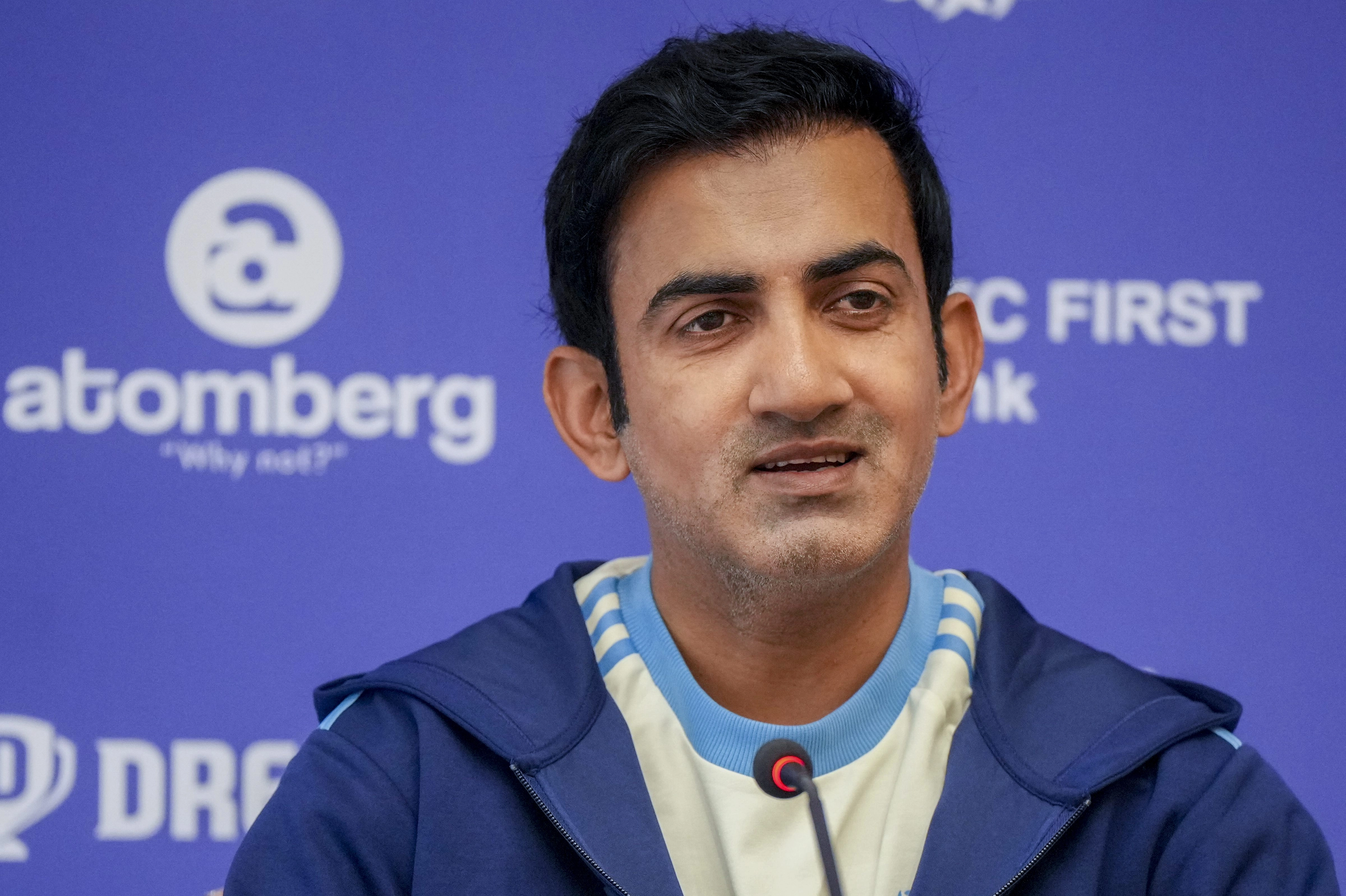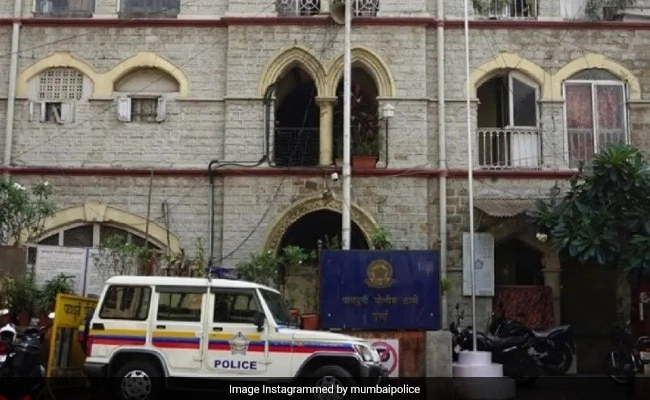During a recent event, Smriti Irani, a prominent Indian politician and Minister of Women and Child Development, made headlines with her memorable statement, “I Don’t Have FOMO, Congress Has ROMO.” This remark was delivered at the NDTV Yuva event, aimed at engaging the youth of India in political discourse. Irani’s quip cleverly played on the popular acronym FOMO, which stands for “Fear of Missing Out,” suggesting that while she is confident and secure in her party’s stance, the Congress party is grappling with its own issues of regret and failure—hence the playful term “ROMO,” or “Regret of Missing Out.”
Irani’s comments resonated with the audience, particularly the younger demographic, who often experience FOMO in various aspects of life, from social media to career opportunities. By positioning the Congress party as out of touch and struggling with its relevance, Irani sought to rally support for her own party, the Bharatiya Janata Party (BJP). This strategic framing underscores a broader narrative in Indian politics, where parties are vying for the attention and allegiance of a generation that is increasingly critical and discerning.
The event also served as a platform for discussing pressing issues affecting the youth, such as unemployment, education, and social justice. Irani emphasized the importance of engaging young people in the political process, encouraging them to voice their opinions and actively participate in shaping the future of the nation. Her remarks highlighted a crucial aspect of contemporary politics—how leaders communicate with and mobilize the youth.
Overall, Smriti Irani’s remarks at the NDTV Yuva event reflect not only her personal political stance but also the broader dynamics at play in Indian politics today. By invoking humor and a relatable sentiment, she effectively sought to connect with young voters while simultaneously critiquing the opposition. As the political landscape continues to evolve, the ability of leaders to resonate with the youth will undoubtedly play a pivotal role in shaping electoral outcomes and governance in India.




